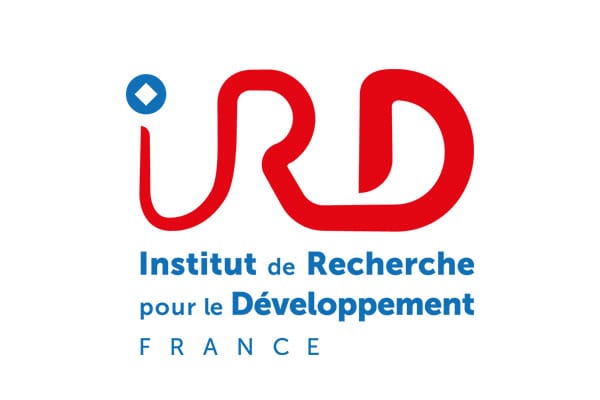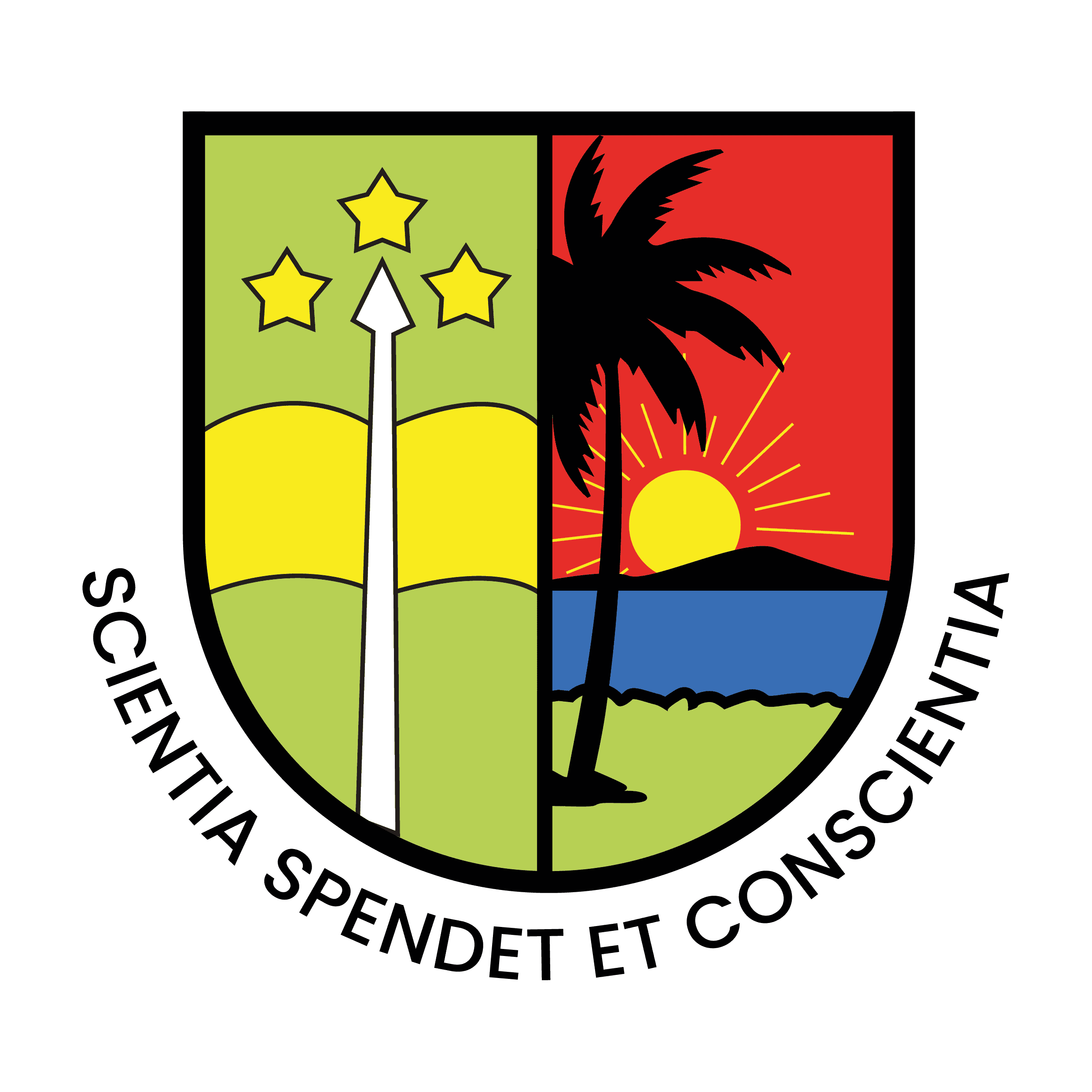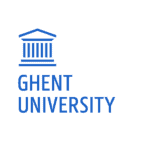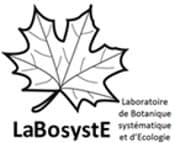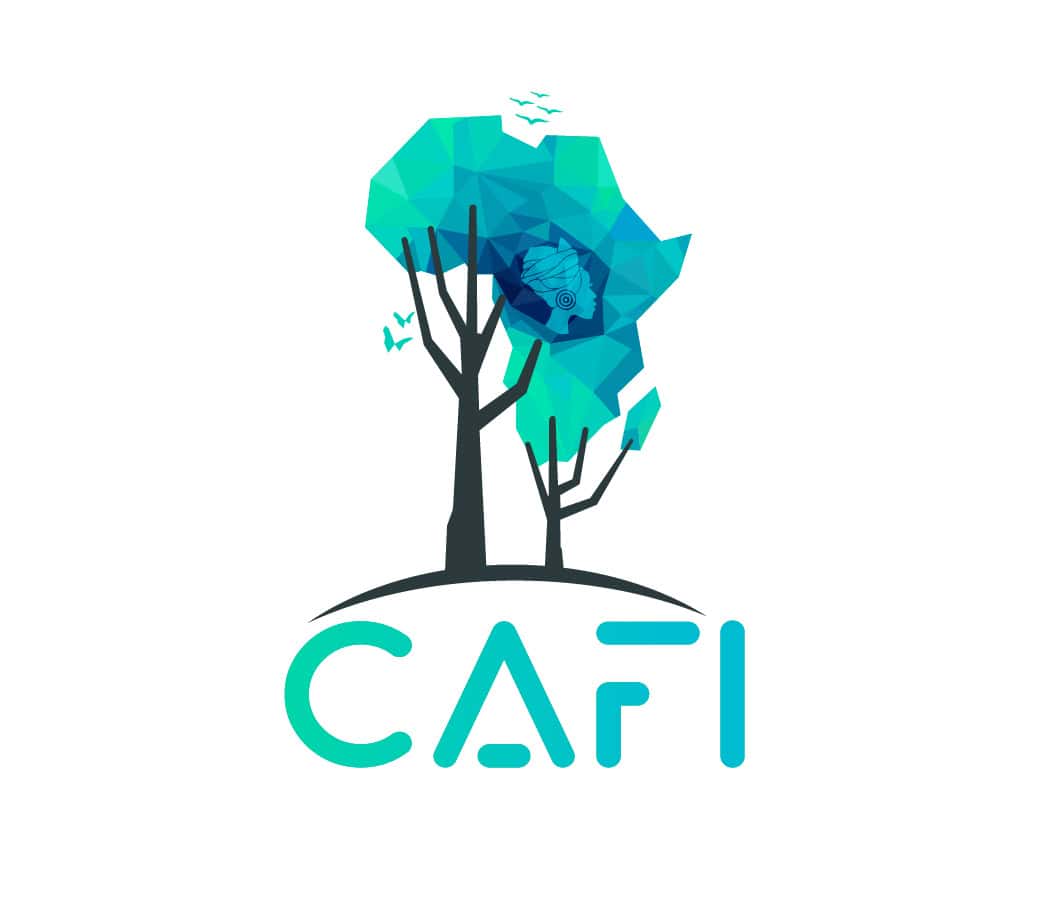CBSI Fully Funded Scholarships
The first set of these scholarships are funded by UK International Development, under the project CRAFT-Sustainable Development, part of the UK government’s Congo Basin Forest Action Programme. They are open to nationals of Cameroon, Democratic Republic of the Congo, Gabon and Republic of the Congo who are also resident in one of these countries.
We will award 12 scholarships for Masters-level training, and 21 research-focused PhD project scholarships. Each scholarship is designed to train students to collect and analyse data within the framework of the CBSI Science and Capacity Plan. The scholarships span many disciplines including climate, water, soil, vegetation, biodiversity, and social sciences. Depending on your choice of project, you can study a Master’s or PhD at a partner institution in your country of residence, elsewhere in central Africa (Cameroon, Democratic Republic of the Congo, Gabon, Republic of the Congo) or in the UK.
The August 2025 round of CBSI scholarships are funded by the Central African Forest Initiative (CAFI), under the CongoFor1.5 project, whose objectives are to measure the carbon sink in structurally intact forest across central Africa, and build capacity to transform central Africa’s carbon monitoring networks to help meet the Paris climate agreement goal of limiting global temperatures to 1.5°C.
We will award 8 scholarships for Masters-level training, relating to tropical forest vegetation, both ecology and biodiversity, utilising the African Tropical Rainforest Observation Network (AfriTRON) long-term monitoring data on structurally intact forests of central Africa.
Eligible candidates are Masters students who are entering their second year of study, focusing on highly relevant disciplines, at the following partner institutions in Cameroon, Democratic Republic of the Congo, Gabon, and Republic of the Congo.
Cameroon: University of Yaoundé I; University of Buea*; and University of Dschang*.
*Candidates registered for Master 1 at University of Buea or University of Dschang must register for Master 2 at University of Yaoundé I to be eligible for funding.
Gabon: Ecole Nationale des Eaux et Forêts; and Université des sciences et techniques de Massuku.
Republic of the Congo: Marien Ngouabi University.
Democratic Republic of the Congo: University of Kisangani. The projects for this institution are to be confirmed soon. Please keep checking the website for further details.
The scholarships will help meet the need for high-quality scientific data and expertise to enable Cameroon, Democratic Republic of Congo, Gabon, and the Republic of the Congo to develop innovative policies to slow deforestation, protect forest, and benefit local communities.
The scholarships begin in September 2025 and include a stipend to cover living costs, all university tuition fees, and research costs such as equipment and field expenses. Those receiving CBSI Scholarships can expect high quality training and to work with others in an interdisciplinary and inclusive research culture.
Each scholarship will fund the second year of a directly relevant Masters course, fund necessary research costs to complete the thesis requirement of the Masters course, and then an additional second year of the scholarship to write up your thesis project into a scientific paper published in an internationally recognised scientific journal.
Each scholarship is designed to train students to collect and analyse data within the framework of the CBSI Science and Capacity Plan. The scholarships contribute to the Vegetation, Soil and Biogeochemistry Observatory, to complement the efforts under CRAFT-Sustainable Development (Congo Rainforest Alliance for Forest Training for Sustainable Development) on selectively logged forest and agroforestry.
The scholarships will help meet the need for high-quality scientific data and expertise to enable the countries of the Congo Basin to develop innovative policies to slow deforestation, protect forest, and benefit local communities.
The scholarships begin in October 2025 and last for two years, and include a stipend to cover living costs, all university tuition fees, and research costs such as equipment and field expenses. Those receiving CBSI Scholarships can expect high-quality training and to work with others in an interdisciplinary and inclusive research culture.
The scholarships are open to those who are registered at one of the universities listed above, and have completed their first year of study of a directly relevant Masters program. As well as this, you must also be a national of one of Cameroon, Central African Republic, Democratic Republic of the Congo, Equatorial Guinea, Gabon, or Republic of the Congo.
CBSI Scholarships Available
In this second round of scholarships this year, we will award 8 scholarships for MSc training, in Cameroon, Democratic Republic of the Congo, Gabon, and the Republic of the Congo. Please click the link below to browse the list of MSc projects.


Apply for a scholarship
If you would like to apply for one of the scholarships for MSc training, or a PhD scholarship, first read our application guide to find out how to prepare your application. Next, apply for the scholarship through our online system. Make sure that you upload all required supporting documents to the online system before the application deadline. We will not be able to assess your application without these documents. The scholarship application deadline of 28 February 2025 has now passed and applications are under review.
If you would like to apply for one of the scholarships for MSc training, first read our application guide to find out how to prepare your application. Next, apply for the scholarship through our online system. Make sure that you upload all required supporting documents to the online system before the application deadline. We will not be able to assess your application without these documents. The scholarship application deadline has been extended to 28 August 2025 at 16:00 (time in Kinshasa).
Common questions
Visit our Frequently Asked Questions page to find resources from our Information Session of 30 January on CBSI Scholarships, along with answers to your questions about applications and scholarship details.
Visit our Frequently Asked Questions page to find resources from our Information Session on CBSI Scholarships, along with answers to your questions about applications and scholarship details.

Why apply to be part of the first cohort of CBSI postgraduate researchers?
1
High quality training
The CBSI Masters and PhD projects train students to collect and analyse data within the framework of the CBSI Science and Capacity Plan, both transforming our understanding of the world’s second largest extent of tropical forest and training a new generation of science leaders. You will be part of a cohort of twenty-one PhD students and 12 MSc students. Your project will be based within one of the six CBSI observatories, which are: Climate and Meteorology; Hydrology and Freshwater; Vegetation, Soil and Biogeochemistry; Biodiversity; Land Cover and Land Use Change; Socio-ecology. Typically, you will be based at a University, but you may also be jointly hosted by a research institute that does not award degrees and a University or other degree awarding body. You will have a supervisory team for the duration of your study. You will benefit from additional support from CBSI, including training across the cohort of students and from the CBSI Director of Science.
1
High quality training
The CBSI Masters projects train students to collect and analyse data within the framework of the CBSI Science and Capacity Plan, both transforming our understanding of the world’s second largest extent of tropical forest and training a new generation of science leaders. You will be part of a cohort of 8 MSc students. Your project will be based within one of the projects of the Vegetation, Soil and Biogeochemistry Observatory. Typically, you will split your time between your university and conducting fieldwork for your thesis project, and you will also take part in the CongoFor1.5 field expeditions to measure research plots to scientific standards. You will have a supervisory team for the duration of your study. After defending your MSc thesis in 2026, you will benefit from continuing to work alongside your lead supervisor for an additional year during which time you will continue to participate in fieldwork and focus on publishing the thesis work in an international peer-reviewed scientific journal.
2
Interdisciplinary collaboration
At CBSI we are committed to generating high-quality scientific data and knowledge, and translating that to policy action to improve the protection and management of the Congo Basin’s forests. You will build integrated interdisciplinary knowledge of how the Congo Basin is changing, be trained by eminent practitioners on how to bridge the research to action gap, and understand how to engage policy makers with your research findings.
2
Interdisciplinary collaboration
At CBSI we are committed to generating high-quality scientific data and knowledge, and translating that to policy action to improve the protection and management of the Congo Basin’s forests. This requires cross-disciplinary collaboration. CBSI annual meetings are one place where this happens, where you will be inspired by your peers from across central Africa and learn from senior scientists at the forefront of research in their field. You will build integrated interdisciplinary knowledge of how the Congo Basin is changing, be trained by eminent practitioners on how to bridge the research to action gap, and understand how to engage policy makers with your research findings.
3
An inclusive research culture
By attracting individuals with outstanding talent and identifiable potential from all walks of life and supporting them to become experts in their fields, CongoFor1.5 and CBSI will enable a new generation of scientists to advocate for evidence-based management policies and promote an inclusive research culture that is led by scientists from the region. CBSI welcomes applications from underrepresented groups in central African science, in particular women and traditional hunter gatherer groups. Our scholars receive a stipend to cover their living costs, that is sufficient to do their research without financial hindrances.
3
An inclusive research culture
By attracting individuals with outstanding talent and identifiable potential from all walks of life and supporting them to become experts in their fields, CRAFT-Sustainable Development and CBSI will enable a new generation of scientists to advocate for evidence-based management policies and promote an inclusive research culture that is led by scientists from the region. CBSI welcomes applications from underrepresented groups in central African science, in particular women and traditional hunter gatherer groups. Our scholars receive a stipend to cover their living costs, that is sufficient to do their research without financial hindrances.
Disclaimer: These scholarships have been funded by UK International Development from the UK government under the Congo Basin Forest Action Programme; however, the views expressed do not necessarily reflect the UK government’s official policies.
Disclaimer: These scholarships have been funded by the Central African Forest Initiative (CAFI); however, the views expressed do not necessarily reflect CAFI’s official policies.
Note: Please note that CBSI does not charge candidates to apply for any of its scholarships through its online application portal.



